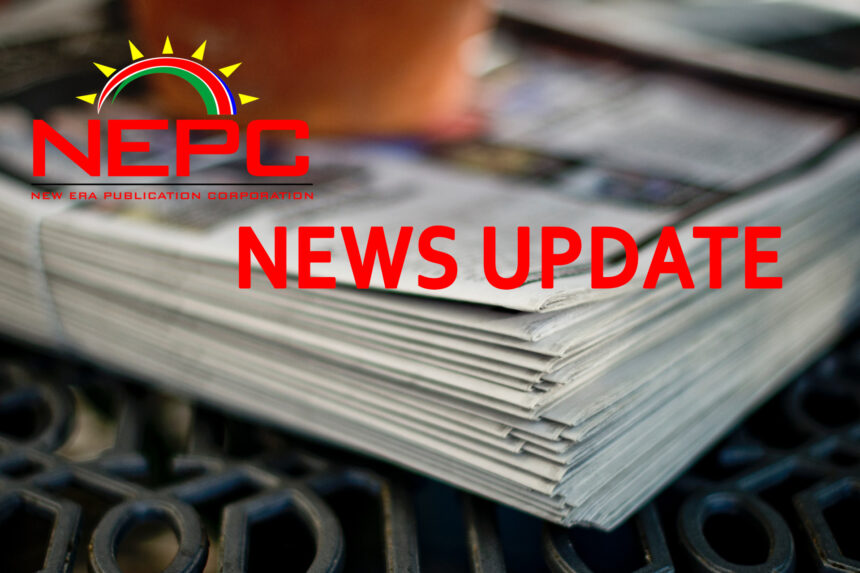Jaenique Swartz
The Ministry of Education, Arts and Culture is hosting the Jolly Phonics intervention programme, partly sponsored by Unicef, which aims to improve literacy levels among school-going children. The event, that started on 29 January will continue until 16 February to ensure that all 3 123 educators would be trained nationwide.
Deputy executive director Edda Bohn underlined the ministry’s positive relationship with Jolly Futures, an organisation which provides high-quality literacy education in schools across sub-Saharan Africa and Asia, equipping
pupils with the ability to read and write confidently.
She described Jolly Phonics as a systematic, sequential, phonics programme designed to teach children to read and write.
“It teaches the letter sounds in an enjoyable, fun way, and enables children to use them to read and write words. Thus, implementing Jolly Phonics will improve learners’ overall English literacy skills,” she noted.
Irene Semakula from Uganda had been part of the Jolly Phonics team for the past 24 years, and has actively trained teachers for the better part of 10 years. She expressed her immense joy to once again be at the frontline of facilitating another training, where they get to see teachers bring about change in classrooms and beyond.
“The training will go a long way to support teachers with interventions to incorporate reading and literacy. Therefore, I believe it will only be beneficial for teachers and for ourselves,” Semakula added.
The Jolly Phonics programme is endorsed by the education ministry as an intervention for literacy teaching in the junior primary phase.
The initiative was undertaken to strengthen the foundational learning skills in early education, which is important for success in the school system.
The ministry presented their strategy to transform education during the foundation phase, where they committed to taking immediate and decisive action in areas where learning levels are low to ensure that all children, including the most marginalised, develop the foundational skills required to reach their full potential.
The education ministry also pledged to reduce the global share of children under the age of 10 who are unable to read and comprehend a simple text by 2030. To fulfil this commitment, Namibia must meet its national SDG 4 targets.
To ensure recovery and accelerate learning, the ministry will work
immediately to enrol and retain all children in school, particularly marginalised girls; increase access to remedial and catch-up learning; and teach children at their current learning levels, while supporting teachers with the tools they require.
Furthermore, it aims to ensure that every teacher and child has good health, nutrition and psychosocial well-being.
Bohn continued that the ministry plans to train all grade two teachers, a total of 2 742, in Jolly Phonics and Jolly
Grammar. All junior primary departmental heads will be made aware of Jolly Phonics Grammar, and trained to use the Jolly Monitor App to effectively monitor and mentor teachers during the intervention programme.
-jaeniqueswartz@icloud.com


